SCIENTIFIC STUDIES
Scientific Studies on Psychedelics
Mental disorders are a global health crisis, and psychedelic substances are gaining recognition for their therapeutic potential. Research on psychedelics is enhancing our understanding of their effects and expanding our knowledge of their application in treating conditions such as depression, PTSD, anxiety, and addiction.
Clinical trials have provided evidence that these substances can be administered safely and effectively with relatively few doses and manageable side effects. This enables us to better determine which pathology is best treated with a particular substance.
Single-Dose Psilocybin Treatment for Major Depressive Disorder: A Randomized Clinical Trial
Psilocybin treatment was associated with a clinically significant sustained reduction in depressive symptoms and functional disability, without serious adverse events.
Psilocybin produces substantial and sustained decreases in depression and anxiety in patients with life-threatening cancer: A randomized double-blind trial
The study provides the most rigorous evaluation to date of the efficacy of a classic hallucinogen for treatment of depressed mood and anxiety in psychologically distressed cancer patients.
Default Mode Network Modulation by Psychedelics: A Systematic Review
Psychedelics are a unique class of drug that produce vivid hallucinations as well as profound psychological experiences. This study aims to provide a comprehensive overview into the neurocognitive mechanisms of psychedelics.
Psychedelic-Assisted Therapy (PAT)
Science is showing that psychedelic-assisted therapy (PAT) can facilitate lasting mental health improvements, in some cases, as no other therapy. This innovative approach offers a promising solution to the limitations of current psychopharmacology, providing faster and more effective treatments for treatment-resistant patients.
Thus, clinical trials are developed to evaluate the efficacy and safety of psychedelic assisted therapies with the intention of defining the safest medical framework for using these substances to treat patients with psychiatric disorders.
Psilocybin-assisted psychotherapy for treatment resistant depression: A randomized clinical trial evaluating repeated doses of psilocybin
Psilocybin-assisted psychotherapy in patients with major depressive and bipolar disorder and suicidality and significant comorbidity showed an adequate safety and tolerability profile. Importantly, repeated doses were associated with greater reductions in depression severity.
Percentage of Heavy Drinking Days Following Psilocybin-Assisted Psychotherapy vs Placebo in the Treatment of Adult Patients With Alcohol Use Disorder: A Randomized Clinical Trial
In this trial patients who assumed psilocybin in combination with psychotherapy had a robust decrease in the percentage of heavy drinking days compared with those produced by active placebo and psychotherapy.
MDMA-assisted therapy for moderate to severe PTSD: a randomized, placebo-controlled phase 3 trial
In this registered trial MDMA-assisted therapy reduced post-PTSD symptoms and functional impairment in a population with moderate to severe PTSD and was generally well tolerated.
What are psychedelic substances?
Not all psychoactive substances known as “drugs” are psychedelic, and not all psychedelic substances are necessarily beneficial for therapeutic use. Below you will find a list of the main substances that our initiative focuses on.
PSILOCYBIN
Psilocybin is a naturally occurring psychedelic compound found in hundreds of species of mushrooms. It induces profound changes in perception, mood, and thought, often accompanied by vivid visual hallucinations and emotional release.
Psilocybin is known for its ability to create deeply transformative experiences. This substance is being researched for its potential in PAT to treat depression, anxiety, and addiction. Clinical studies have shown that psilocybin, administered in a therapeutic setting, can lead to significant and lasting improvements in mental health. The profound experiences induced by psilocybin help patients achieve deep introspection, emotional release, and a sense of connectedness, which are crucial for therapeutic progress.
LSD
LSD (Lysergic acid diethylamide) is a potent synthetic psychedelic originally derived from ergot fungus. Known for its intense mind-altering effects, LSD can induce profound changes in perception, mood, and thought. It offers a kaleidoscopic view into the subconscious.
LSD is often described as producing highly analytical and introspective experiences. This substance is explored in PAT for its potential to treat anxiety, depression, PTSD, cluster headaches, and addiction. In a controlled therapeutic setting, LSD can facilitate profound therapeutic experiences, allowing patients to gain new insights and emotional healing. The mind-expanding effects of LSD enable individuals to break free from negative thought patterns and achieve greater mental clarity and well-being.
MDMA
MDMA (3,4-Methylenedioxymethamphetamine) is a synthetic substance that enhances mood, energy, and emotional closeness. It increases levels of serotonin, dopamine, and norepinephrine in the brain. MDMA is known for its ability to create intense feelings of euphoria and empathy.
MDMA is being extensively studied for its use in PATs, especially for treating post-traumatic stress disorder (PTSD). Research has shown that MDMA, when used in a controlled therapeutic setting, helps patients confront and process traumatic memories with greater emotional resilience and openness. This therapeutic approach has demonstrated significant improvements in symptoms and overall mental health, providing hope for those who have not responded to traditional treatments.
KETAMINE
Ketamine is a dissociative anesthetic. In smaller doses, it can offer rapid antidepressant effects and emotional release. Ketamine is known for its unique ability to produce dissociative states and profound changes in consciousness.
Ketamine-assisted psychotherapy (PAT involving the use of ketamine) is utilized to treat treatment-resistant depression, anxiety, and other mental health conditions including substance use disorders. Administered via intravenous infusion or nasal spray in a controlled setting, ketamine-assisted psychotherapy allows patients to experience rapid relief from depressive symptoms, often within hours. The dissociative effects of ketamine facilitate an altered state of consciousness, enabling patients to explore their thoughts and emotions from a new perspective, leading to lasting therapeutic benefits.
DMT
DMT (N,N-Dimethyltryptamine) is a powerful psychedelic compound found in various plants and animals as well as the human brain. Part of the medical culture in the Amazonia as a brew called “Ayahuasca”, it is known for producing intense, short-lasting hallucinogenic experiences often described as mystical or otherworldly.
DMT is unique for its ability to induce profound, immersive visions and a sense of encountering other dimensions. DMT is being studied for its use in PAT, particularly for treating depression and anxiety. If smoked or inhaled, the brief but intense experiences induced by DMT can lead to significant psychological insights and emotional breakthroughs. In a therapeutic context, DMT helps patients access deep layers of the subconscious, promoting healing and personal growth.
Psychedelic Substances' Safety
Assessing the safe use of psychedelics for treating mental health disorders is essential. Despite the acute effects of substances such as psilocybin, ayahuasca and changa (containing the active component DMT), LSD, and MDMA, studies on these substances have shown them to be well-tolerated in healthy individuals, psychiatric patients, and those with life-threatening illnesses such as terminal cancer patients.
Scientific studies have shown that the most reported adverse event associated with psychedelics was headaches. Other common adverse effects included nausea, vomiting, dizziness, fatigue, insomnia, nystagmus, euphoria, muscle tension, transient increases in blood pressure and heart rate, transient anxiety, and delusions. Most side effects typically occur within hours of intake, and there appears to be a potential dose-response relationship for side effects.
